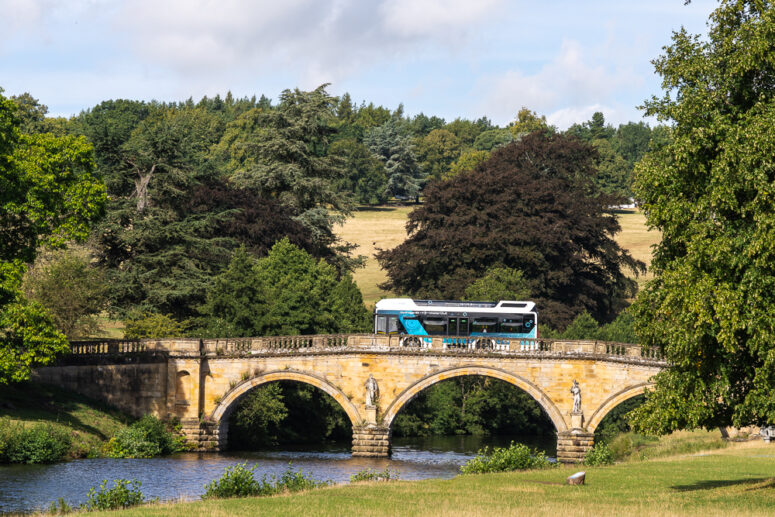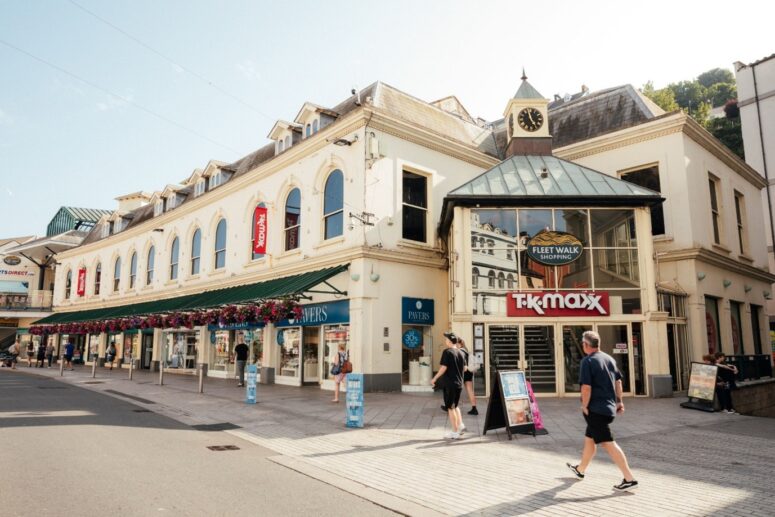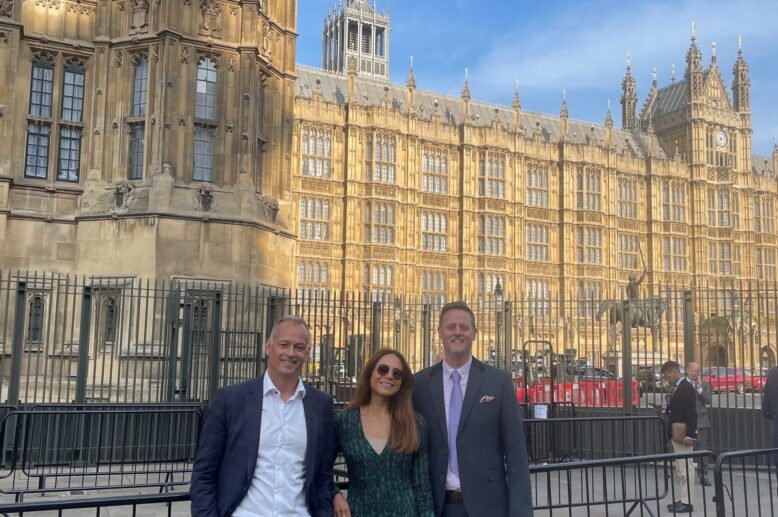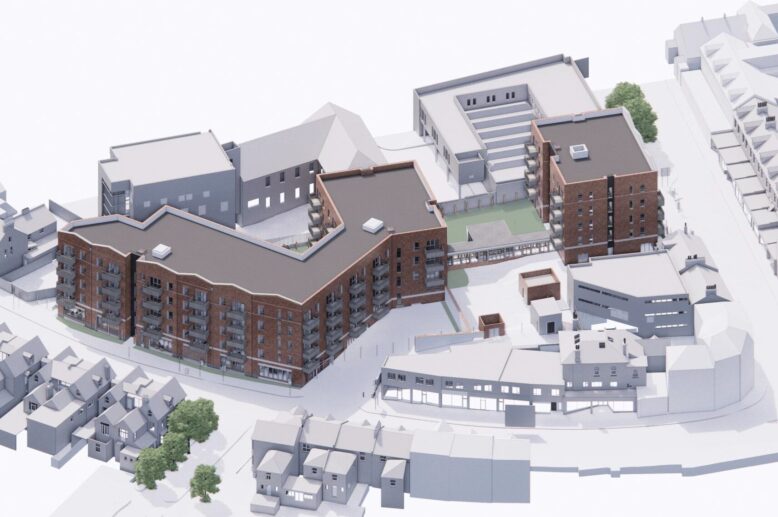Milligan is pleased to share the details of the trial that was recently completed at our project, the Gateway, in the Peak District.
The impact of traffic congestion in Britain’s original National Park, is a growing problem for its community and visitors. A two-week trial launched at the Chatsworth Show and completed during the first week in September last year, was carried out by a group of industry partners working with Peak Gateway Properties. The trial has taken all parties a step closer to creating a zero emission, car-free, Gateway mobility offer.
The PEAK Express will offer visitors access to a hop-on, hop-off service, operated much like a ski pass. Based initially at the PEAK Gateway, a regenerative enterprise and visitor destination planned just outside of Chesterfield, the PEAK Express combines parking, accommodation and services with zero emission vehicles to explore the National Park. The PEAK Express will operate beyond the congested ‘honey spots’ thus opening access to more experiences and attractions without the need for car parking.
During the trial the EV and hydrogen buses were operated concurrently on the same route, at the same time, with the same loads. This is believed to be a world first. The buses were provided by trial partner Toyota Caetano and piloted to various locations across the park by Trent Barton including the Gateway site itself, Chatsworth House, Longshaw, the Hassop Station/Monsal Trail and Chesterfield Town Centre and train station. A mobile hydrogen refueller was provided by the world’s biggest hydrogen producer, Air Products.
One of the most interesting results from the trial was the regenerative effect created by the undulating roads of the National Park. For example, the hydrogen (FCEV) unit regenerated almost half of its fuel use through its braking system.
Jon Hunt, alternative fuels manager at Toyota said; “The iconic, long undulating terrain of the Peaks means electric battery life can be optimised better than in stop start urban landscapes.
“Balancing the availability of charging points, timetabling, optimising journey times, availability of hydrogen and commercial requirements is likely to point to different zero carbon solutions in every national park for services like this.”
Key findings from the trial:
- 1,244km was covered during the trial between the EV and hydrogen bus
- The hydrogen bus used 589kWh of energy and generated 251kWh of energy through its braking system.
- 185t CO2 was saved vs fossil fuels during the trial – the equivalent weight of a Toyota Yaris (*based on an equivalent 7.5-16t diesel bus travelling 1,244km. Consuming 301g fuel per km and emitting 3.169kg CO₂ per kg of fuel.)
- The CO2 saving per mile was 1.6kg, based on the trial data when comparing EV/FCEV to equivalent diesel buses.
A second trial, engaging a broader national customer base, is being planned for summer 2023. The PEAK Express partners are currently considering a range of operators for the trial and the longer-term service.



